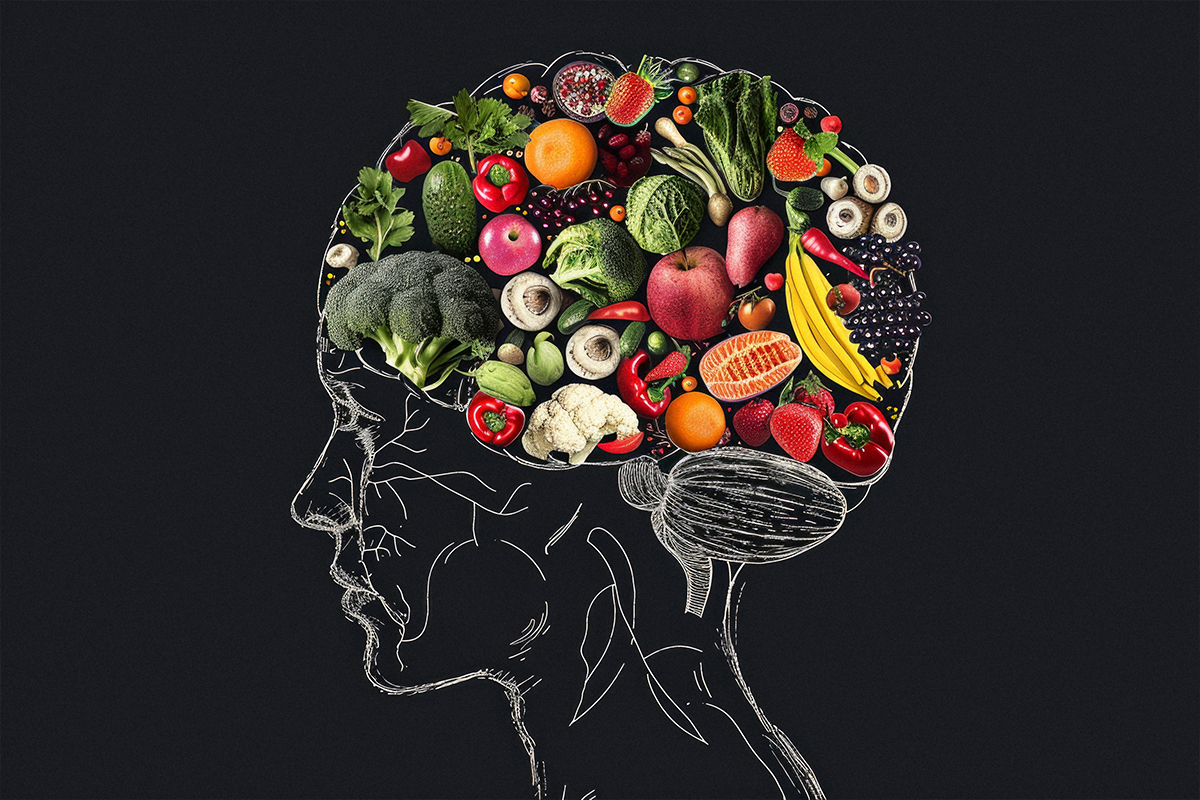What if the key to better mental health wasn’t just in your brain, but also in your gut and daily nutrition?
That’s the core idea behind nutritional psychiatry, a rapidly growing field that explores how nutrients, gut health, and dietary patterns impact the brain.
As rates of anxiety, depression, and attention disorders continue to rise, this science offers a hopeful—and often overlooked—complement to conventional treatment.
Whether you’re dealing with stress, mood swings, or chronic mental health challenges, understanding the link between what you eat and how you feel is more relevant than ever.
What Is Nutritional Psychiatry?
Nutritional psychiatry is the study of how nutrition influences mental health, brain function, and emotional well-being. Unlike traditional psychiatry, which focuses on medication and therapy, this approach considers:
- Diet quality
- Micronutrient intake
- Gut-brain axis health
- Inflammation and oxidative stress
- Amino acid and neurotransmitter balance
The big idea: Your brain is a nutrient-hungry organ. And when it doesn’t get what it needs, your mental health can suffer.
What Does the Science Say?
Diet and Depression
A landmark 2017 study published in BMC Medicine found that participants with moderate to severe depression experienced significantly greater improvements in symptoms when they adopted a Mediterranean-style diet, compared to those who received standard social support only.
Micronutrients and Mood
A growing body of research shows that deficiencies in key nutrients like magnesium, B vitamins, zinc, and omega-3s are associated with increased rates of anxiety, depression, and ADHD.
A recent scientific study also highlighted that micronutrient supplementation can reduce symptoms of mood disorders and enhance cognitive function, especially in nutrient-depleted individuals.
Amino Acids and Neurotransmitters
Amino acids such as tryptophan, tyrosine, and glutamine are precursors to neurotransmitters like serotonin, dopamine, and GABA—key regulators of mood, focus, and anxiety. Without adequate protein or amino acid intake, your brain can’t maintain optimal neurochemical balance.
Why the Gut-Brain Connection Matters
You’ve probably heard of the gut-brain axis—the two-way communication between your digestive system and central nervous system. A large portion of your body’s serotonin (up to 90%) is produced in the gut.
An unhealthy gut can contribute to:
- Mood swings
- Anxiety
- Brain fog
- Poor stress resilience
Foods rich in fiber, fermented foods, and anti-inflammatory nutrients help create a gut environment that supports mental wellness.
How to Support Mental Health Through Nutrition
Eat for Your Brain:
- Whole foods, not ultra-processed
- Healthy fats (avocados, fish, nuts)
- Dark leafy greens and cruciferous vegetables
- High-quality proteins
- Fermented foods (sauerkraut, kefir, kimchi)
Reduce:
- Refined sugar and seed oils
- Artificial sweeteners
- Alcohol and caffeine overuse
- Chronic inflammation from poor diet
Supplements That Can Support Mental Health Nutrition
When dietary gaps exist, or when the body is under chronic stress, recovering from illness, or facing mental health challenges, targeted nutritional support can be incredibly beneficial.
EMPowerplus Advanced
This broad-spectrum micronutrient formula contains 36 essential vitamins and minerals shown in peer-reviewed studies to support mood stability, focus, and emotional regulation.
AminoPower Advanced
This formula delivers key essential amino acids your brain needs to create serotonin, dopamine, and other neurotransmitters. It’s a foundational support tool for improving clarity, motivation, and emotional resilience, especially for those under chronic stress or recovering from burnout.
Final Thoughts
Your brain doesn’t exist in a vacuum. It’s wired into your diet, your gut, your nutrient levels, and your environment.
Nutritional psychiatry gives us a roadmap for caring for mental health from the inside out, not just masking symptoms.
Whether you’re struggling or simply want to optimize your mental performance, the first step is simple: start nourishing your brain. Because when your body gets what it needs, your mind gets what it craves: clarity, balance, and calm.



